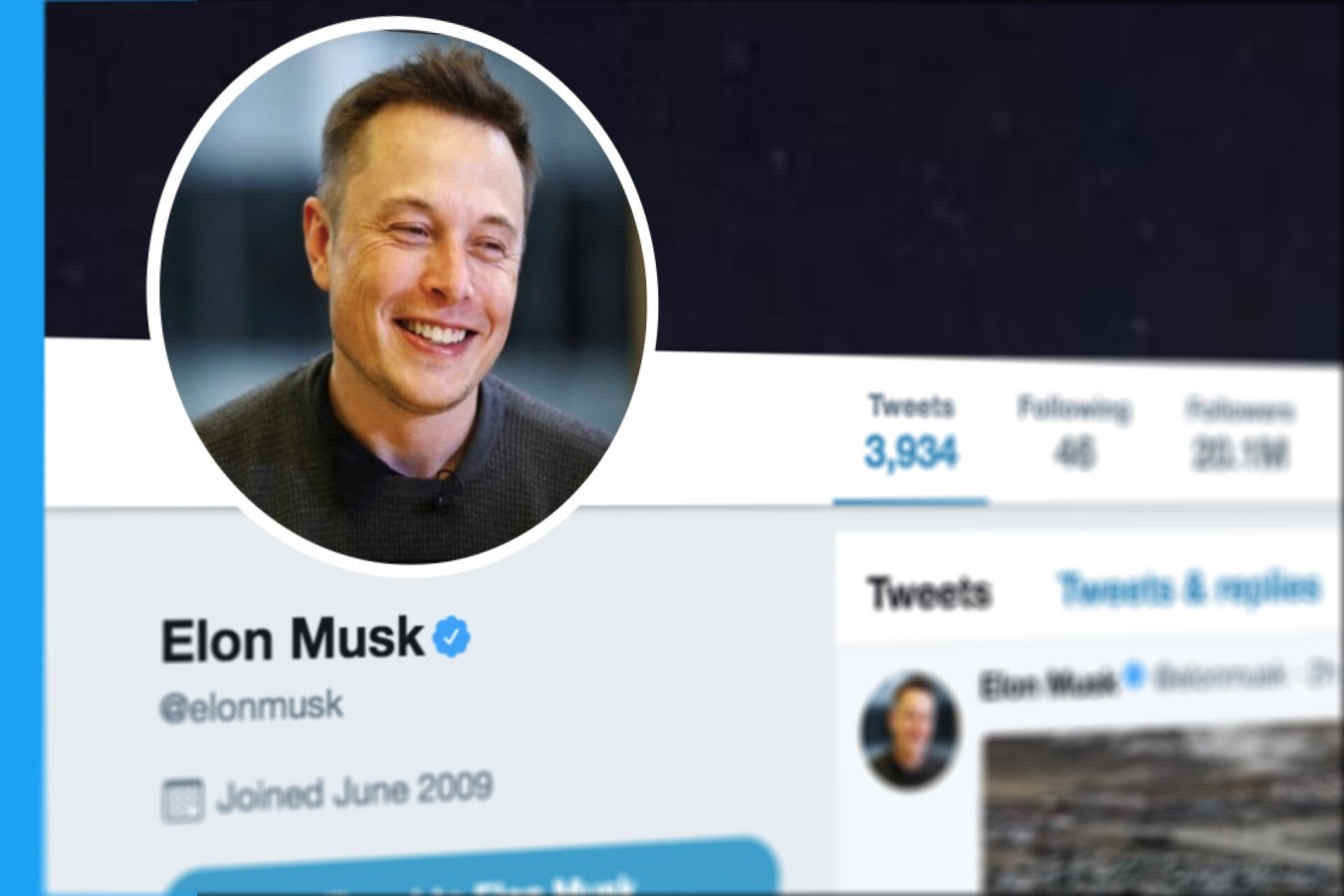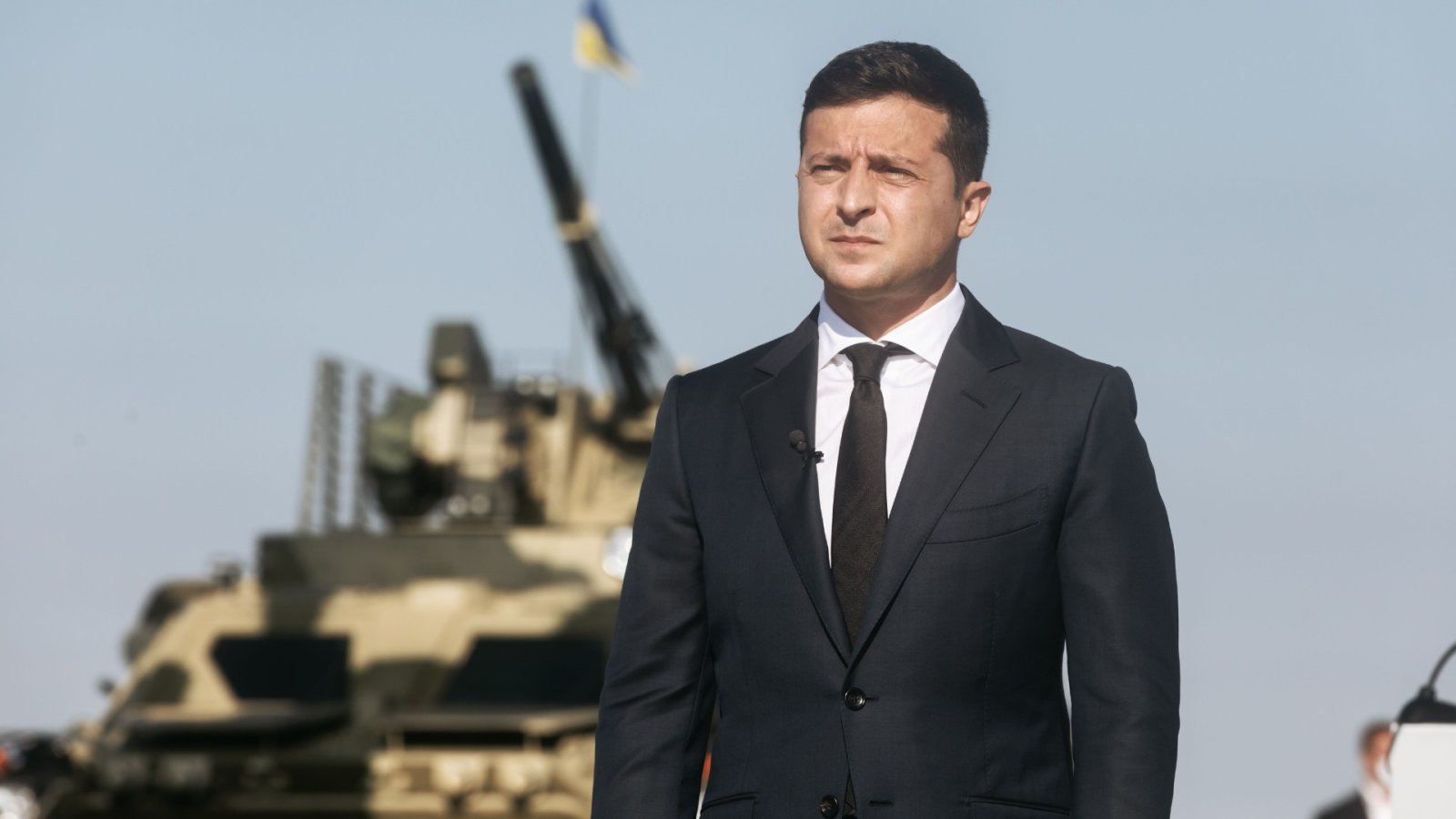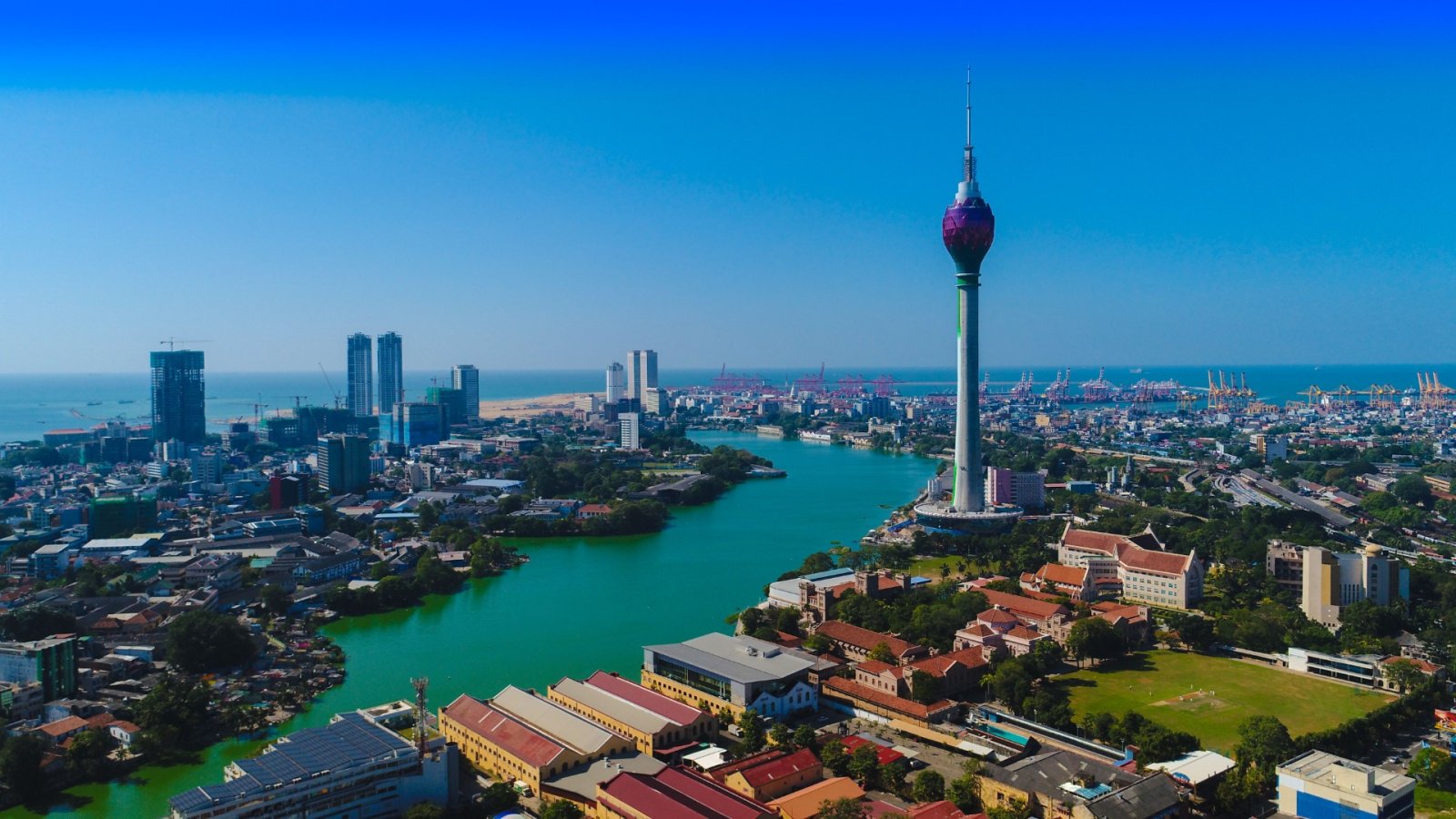We are over 150 days into the largest European conflict since WWII with no end in sight. Russia is still struggling to gain control of the Donetsk region while Ukraine continues to seek help in the struggle against its neighbor. In the rest of the world, the implications continue to play out as countries as far away as the African continent suffer grain shortages due to the conflict. Even the very structure of NATO has been altered profoundly in reaction to the events. Although the outlook at the moment is not good there have been a few glimmers of hope that some shipments of grain may soon be leaving Ukraine. At the same time, Russia continues to toy with Germany, its largest Western neighbor in relation to gas and energy supplies for the coming winter.
Deal to Release Grain
There were few people other than agricultural or geopolitical experts who knew what a crucial role Ukraine played in the world food supply. In the early part of the war, the threat may have been overplayed but by now it has become more clear to what extent the Eastern nation is the breadbasket of large portions of the world. Ukraine is a large country and has always been a supplier of grain but it wasn't until 2010 that it truly gained significance in the EU import market. At that time it supplied 682 thousand metric tons of grain to the EU, but by 2019 this had increased to 15.9 million mt. While this seems like a lot, it represents only a little over 2% of total exports for Ukraine. Of the remaining 97%, the lion's share of 55% goes to Asia with just over 40% going to Africa. The population of Africa is much smaller than in Asia making the Southern continent far more dependent on Ukraine than any other region in the world.
Africa is also the continent most exposed to food shortage risk so the news that Russia, the UN, and Turkey had brokered a deal to release Ukrainian ships loaded with grain from their Black Sea ports is huge news for those countries that have been feeling the blockade the most. With the deal barely agreed, however, Russia appeared to send some warning shots by landing artillery shells on Odesa, Ukraine’s main Black Sea port. While Ukraine has agreed to allow the ships to leave, they are depending upon the UN and Turkey to guarantee safe passage for their vessels
Nordstream Gas Pipeline
Russia and Germany have been playing a dangerous game of veiled threats, insults, diplomacy, and realpolitik since the war began. As of 2021 Russian gas accounted for over 45% of all natural gas imports to the EU and a large portion of this is consumed by Germany. Before the war began Germany was dependent on Russia for approximately 14% of its natural gas. Since then it has managed to reduce this to a little over 6%. Despite the leverage that Russia still holds, it may not be so large as to make a truly significant difference in negotiations over the conflict. Nevertheless, Russia seems to be playing its hand as aggressively as possible.
The reduction comes just days after the energy giant had resumed shipments in a game of cat and mouse that seems calculated to frustrate German energy authorities and political leadership. Although Germany is the country most directly affected, it is also responsible for further gas transfers to other countries including Austria and France.
Eurovision 2023
The Eurovision song contest is known to be a vehicle for popular national sentiment and political rivalries. Countries vote in blocks of national friendship that make the competition more of an exercise in meme-based humor than quality music. This being said, whether you love the kitsch experience or avoid it like the plague, there was never a chance that the European pop fest would be a neutral vehicle during a large-scale inter-European conflict. Fans may remember that the Ukrainian rap group Kalush Orchestra rode to victory in May of this year on a wave of popular support. Russia meanwhile was barred from participating, although we can be sure there would have been a barrage of "null point" scores with the likely exception perhaps of friend and neighbor Belarus.
Tradition demands that the winner hosts the contest the following year. In an act of solidarity with the beleaguered nation, the European Broadcasting Union (EBU) has announced that the world's largest live music broadcast event will be held in the UK in 2023. The BBC will host the event but not without controversy. The Public Broadcasting Company of Ukraine expressed its disappointment but the EBU remained firm insisting that the risk of casualties while running the competition in a war zone would be far too great. The British city to host the event has not yet been decided but will be determined according to the normal bidding system in place for any large-scale event of this magnitude. Nevertheless, let's all hope that by May 2023 Ukraine will no longer be a war zone and the competition can be hosted according to tradition in a free and peaceful Ukraine.






